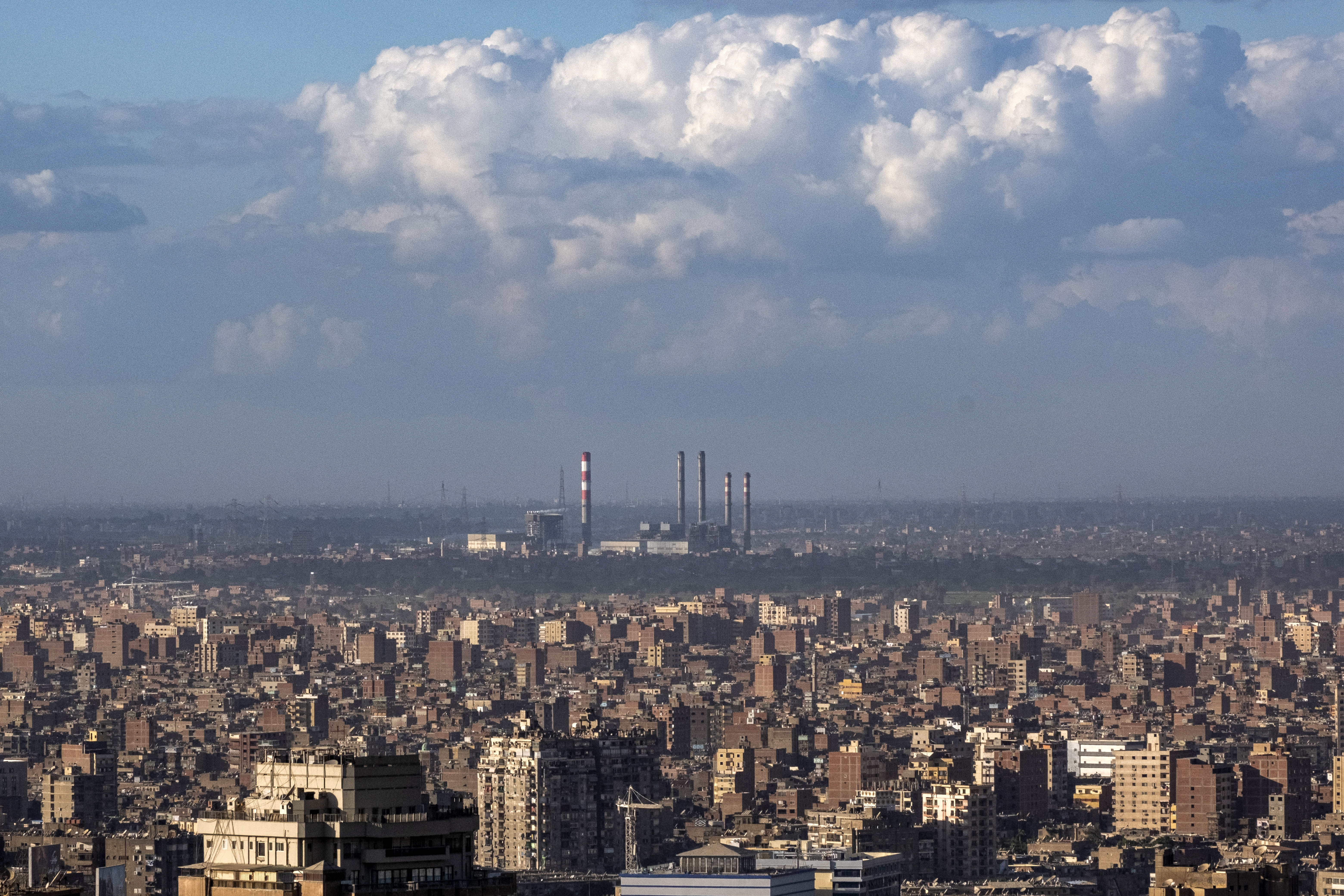Egypt sits at a potential inflection point when it comes to its energy security and economic stability. Most immediately, in addition to chronic economic problems and ongoing exposure to external shocks, Egypt faces increasing pressure on its energy resources due to rising natural gas demand amid declining domestic production. Yet in the longer term, the country’s green hydrogen initiatives represent a promising development that could transform it into a regional energy hub in the Eastern Mediterranean. These may drive sustainable growth and offset the challenges in the natural gas sector, potentially reshaping the energy outlook both regionally and beyond. How does Egypt get there while avoiding energy shortages or another sharp economic downturn in the short term? What are the challenges associated with developing a profitable and sustainable green hydrogen sector? And how does Egypt fit into the broader energy transition occurring in the region? Please join us for an expert panel discussion to address these and related topics.
Speakers
Amira Al-Mazni
Senior Energy Consultant, LYNX
Khaled Abu Bakr
Chairman, Non-Executive Committee, TAQA Arabia
Colby Connelly
Director, Economics and Energy Program, Middle East Institute
Mirette F. Mabrouk (Moderator)
Senior Fellow, Founding Director, Egypt & Horn of Africa Program, Middle East Institute
Extended Speaker Biographies
Amira Al-Mazni is a hydrogen enthusiast, participating in the update of Egypt’s Integrated Sustainable Energy Strategy 2040; was a key expert on the EU-funded project: “Support the Technical and Financial Sustainability of the Renewable Energy and Energy Efficiency”; a leader with a multicultural upbringing, proposals and projects, business development and international cooperation experience as well as gas market regulation; active in the energy transition and energy market reform; a certified Corporate Director (IFC) and one of Egypt’s Top 50 Most Influential Women. She is a former Vice Chairman for Gas Regulatory Affairs in the Egyptian Natural Gas Holding Company, EGAS. Her responsibilities included planning and following the development of the legal and regulatory framework needed for establishing the Gas Regulatory Authority in Egypt.
Khaled Abu Bakr is a regional well-known veteran, entrepreneur and a significant key figure of the energy industry, Eng. Khaled brings in 38 years of diverse and successful achievements in the gas industry, playing a key role in the development of the gas and power private sectors in Egypt, Africa and the Middle East regions. In 1997, Eng. AbuBakr co-founded GENCO (Gas & Energy Company) that was later acquired and incorporated under TAQA Arabia’s umbrella which he also co-founded in 2006. Eng. AbuBakr Served as TAQA Arabia’s CEO until 2013 when he was appointed as the Executive Chairman holding this position to date. He is the Chairman of the Egyptian Gas association, President of the Italian Egyptian Business Council as well as being a significant Board member in several industrial companies listed in Egypt’s Stock exchange. He previously served as board member of “Industry Modernization Centre”, as well as “Industry Development Authorities” and served 4 times as vice president of American Chamber of Commerce in Egypt. Eng. AbuBakr also serves in the Board of the International Gas Union since 2009 to 2022 and is appointed as its Regional Coordinator for Africa and the Middle East for the last 12 years. Eng AbuBakr has been bestowed the decoration of “Cavaliere dell'Ordine della Stella d’Italia” by the Italian president Sergio Mattarella in recognition of his significant contribution and efforts in consolidating economic ties between Italy and Egypt.
Colby Connelly is the director of MEI's Economics and Energy program. He is also a senior analyst at Energy Intelligence, where he works with the firm’s research and advisory practices. His key areas of focus include oil and gas/LNG markets, aboveground risk, corporate strategy, and the impact of the energy transition on oil and gas producing states. Previously, Colby worked as a research associate at the Arab Gulf States Institute in Washington, where he focused on the economies of the Gulf Cooperation Council region, specializing in national oil companies and domestic energy markets. He also spent several years working as a contractor in Saudi Arabia in support of workforce nationalization initiatives. He designed, managed, and supported multiple training programs for new employees of Saudi energy and critical infrastructure companies. He also served as a contributor to IHS Markit’s Middle East and North Africa country risk service for nearly eight years.
Mirette F. Mabrouk is an MEI senior fellow and founding director of the Institute's Egypt Studies program. She was previously deputy director and director for research and programs at the Rafik Hariri Center for the Middle East at the Atlantic Council. Formerly a fellow at the Project for U.S. Relations with the Middle East at the Brookings Institution, Mabrouk moved to D.C. from Cairo, where she was director of communications for the Economic Research Forum (ERF). Before being appointed associate director for publishing operations at The American University in Cairo Press, Ms. Mabrouk had over 20 years of experience in both print and television journalism. She is the founding publisher of The Daily Star Egypt, (now The Daily New Egypt), at the time, the country’s only independent English-language daily newspaper, and the former publishing director for IBA Media, which produces the region’s top English-language magazines. Her writing has appeared in publications like Foreign Policy, The Hill and HuffPost and she has been quoted and appeared on the BBC, VOA, Sky News, The Wall Street Journal and the Christian Science Monitor, among others. She recently authored "And Now for Something Completely Different: Arab Media’s Own Little Revolution," a chapter in a book on the Arab transitions; Reconstructing the Middle East and is the editor of a multi author report, Rethinking Egypt’s Economy.
(Photo by AMIR MAKAR/AFP via Getty Images)












